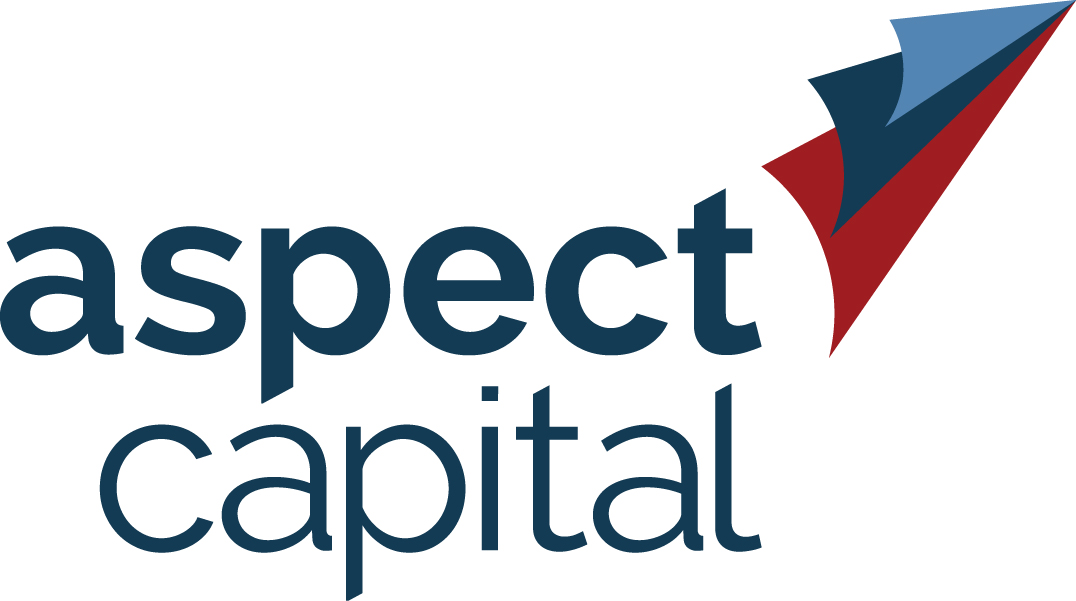

Aspect Capital

City of London, United Kingdom
June 2022
Investment advising
Service with Minor Environmental Footprint
United Kingdom,
United States
Aspect Capital Limited is a UK-based systematic investment manager with offices in London and Stamford (CT). Aspect applies a systematic and quantitative approach to investment management, with the aim of generating high-quality and diversifying alpha for its clients' portfolios. The company currently manages US$10.4bn across a range of liquid, diversifying systematic investment strategies. Aspect was established in 1997 by Anthony Todd, Martin Lueck, Michael Adam and Eugene Lambert and is currently managed by a senior team which has extensive experience in the development and implementation of systematic investment strategies. Two of Aspect's founders, Michael Adam and Martin Lueck, were involved in the successful development of Adam, Harding & Lueck Limited (AHL, now a part of Man Group plc), one of the pioneers in the application of quantitative techniques to investment management. Aspect employs a team of over 110 professionals and invests heavily in the on-going, research-driven evolution of its quantitative, alpha-generating systems and their efficient implementation across a wide range of liquid asset classes.
Overall B Impact Score
Governance 17.7
Governance evaluates a company's overall mission, engagement around its social/environmental impact, ethics, and transparency. This section also evaluates the ability of a company to protect their mission and formally consider stakeholders in decision making through their corporate structure (e.g. benefit corporation) or corporate governing documents.
What is this? A company with an Impact Business Model is intentionally designed to create a specific positive outcome for one of its stakeholders - such as workers, community, environment, or customers.
Workers 38.2
Workers evaluates a company’s contributions to its employees’ financial security, health & safety, wellness, career development, and engagement & satisfaction. In addition, this section recognizes business models designed to benefit workers, such as companies that are at least 40% owned by non-executive employees and those that have workforce development programs to support individuals with barriers to employment.
Community 15.3
Community evaluates a company’s engagement with and impact on the communities in which it operates, hires from, and sources from. Topics include diversity, equity & inclusion, economic impact, civic engagement, charitable giving, and supply chain management. In addition, this section recognizes business models that are designed to address specific community-oriented problems, such as poverty alleviation through fair trade sourcing or distribution via microenterprises, producer cooperative models, locally focused economic development, and formal charitable giving commitments.
Environment 9.9
Environment evaluates a company’s overall environmental management practices as well as its impact on the air, climate, water, land, and biodiversity. This includes the direct impact of a company’s operations and, when applicable its supply chain and distribution channels. This section also recognizes companies with environmentally innovative production processes and those that sell products or services that have a positive environmental impact. Some examples might include products and services that create renewable energy, reduce consumption or waste, conserve land or wildlife, provide less toxic alternatives to the market, or educate people about environmental problems.
Customers 1.7
Customers evaluates a company’s stewardship of its customers through the quality of its products and services, ethical marketing, data privacy and security, and feedback channels. In addition, this section recognizes products or services that are designed to address a particular social problem for or through its customers, such as health or educational products, arts & media products, serving underserved customers/clients, and services that improve the social impact of other businesses or organizations.
What is this? A company with an Impact Business Model is intentionally designed to create a specific positive outcome for one of its stakeholders - such as workers, community, environment, or customers.